Tshabalala’s popular personalties

Sikhumbuzo Moyo, Senior Reporter
AS we continue with our look at famous personalities from Bulawayo suburbs, this week, we visit Tshabalala, a suburb that, like Mpopoma was built in the middle of the 1950s and early 1960s.
Tshabalala is the totem of King Lobengula’s mother, Fulatha, a woman of Swazi extraction. Incidentally, one of the reasons given by those who were opposed to Lobengula succeeding his father, Mzilikazi, was that his mother was not a pure Nguni, they claimed.
Respected historian, Mr Phathisa Nyathi concurred with the narration on how Tshabalala got its name, further telling Saturday Chronicle that the suburb has the same traits as what is now known as Tshabalala Game Sanctuary, located roughly 10 km from the city centre on the Matopos road.
“The area has similar traits to Tshabalala Sanctuary. That area (Sanctuary) was for the Tshabalalas and when King Lobengula went for his coronation at Mhlahlandela in January 1870, he left from that place, accompanied by Mtshana Khumalo and Mhali Mafu,” said Mr Nyathi.
Tshabalala suburb has some royalty in it, having been named after the mother of a King, just over a century after her son was crowned.
So who are some of the most popular sons and daughters of this suburb that is associated with royalty? Saturday Chronicle picks some of these persons who include authors, business persons, politicians, sports persons, media personalities, musicians, as well as gangsters.
Touted as the Godfather of Ndebele novels, Ndabezinhle Sigogo wrote a number of novels namely Akugobo Lingeqondiswe, USethi Ebukhweni Bakhe, Asazi-ke, Kunjalo, Lapho Intsha Isivukile, Umhlaba Umangele, Iziga Zalintombi, Noma Sengifile and Amandla Othando. Most of Sigogo’s were used as set books in schools.
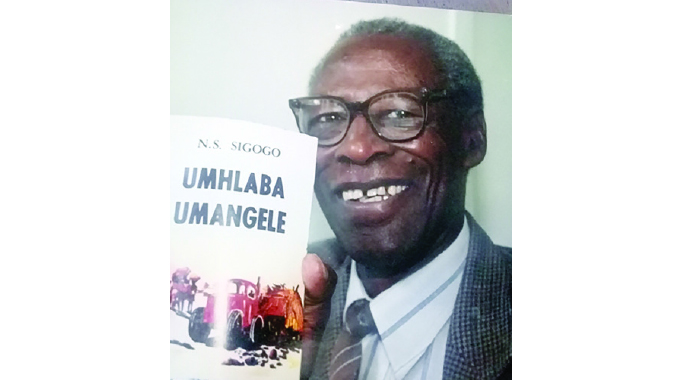
Ndabezinhle Sigogo
Sigogo, a man who loved his drink usually in shebeens as the white rulers then did not want blacks to enjoy their beer in pubs within the city, who passed on in 2006 lived in Tshabalala.
He was not the only renowned author to emerge from Tshabalala, the suburb was also home to Mthandazo Ndema Ngwenya, author of On Stage – Umhluzi Wekunzi and Ngitshilo Ngitshilo.
The sad part is that Tshabalala suburb lost both its sons.
Deputy Minister of Sport, Art and Recreation, who is also a successful businessman, Tino Machakaire is another son of Tshabalala.
The late business tycoon, Worthwhile Mugabe, who succumbed to Covid-19 on New Year’s Eve in December 2020 was a Tshabalala son. Mugabe was DSK Holdings managing director. His company, DSK Holdings, had six subsidiaries namely DSK Electricals, Girjac Services, High Peak Cables and Hardware, Power Control Systems, Kayzed Sales and another portfolio offering accommodation in Dalesford, Gweru’s leafy suburb. He also had his footprints outside the country.
Perhaps the most controversial public figure to have his roots in Tshabalala is one and only Leslie Gwindi, yes that man who is somehow not so popular with Highlanders fans after his alleged covert plan to suspend the then-inform Bosso duo of steady defender Dazy Kapenya and fiery hitman Zenzo Moyo claiming they had each accumulated three yellow cards ahead of Bosso’s collision with arch-rivals Dynamos on February 28, 1999.
Gwindi was the Premier Soccer League secretary-general then. Despite the threat of losing points, Bosso went ahead and fielded the duo, eventually winning 2-0 in front of a record 39 366 fans, more than 5 000 the official seating capacity of Barbourfields Stadium.
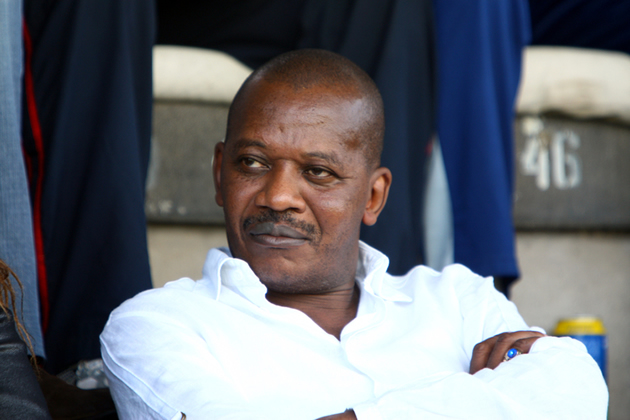
Leslie Gwindi
Bosso fans are probably yet to forgive Gwindi. Ironically, during his youth days in the 1970s, while staying in Tshabalala, Gwindi would never miss a Highlanders training session and later on its matches.
Also hailing from Tshabalala is Zimbabwe football legend Ebson Sugar Muguyo the first player to play for South Africa’s Kaizer Chiefs in 1975.
His first game for the Glamour Boys (not Dynamos) came on 19 November 1975, in a BP Top 16 replay game against Pretoria Callies, providing an assist for Kaizer Motaung to score. In the following seasons, Muguyo would become a goal-scoring phenomenon. In his first full season alone, in 1976, he netted 26 goals (18 for the league and eight in cup games).
Other sports personalities from Tshabalala include former sprint king who chose football as a career where he played for ZiscoSteel in the Premiership and later ventured into coaching, Mandla Lulu Mpofu, former Bosso hitman Mkhokheli Dube, former Bosso defender and captain Gilbert Banda, his former teammates, Felix Chindungwe and now based in Tanzania Bruce Kangwa, former Bosso fitness trainer Majaha Ndlovu, former wrestler Vivia Honolulu Masuku. There is also former Highlanders goalkeeper Marko Ncube.

Mkhokheli Dube
Ncube is a teacher at Queen Elizabeth II Primary School in Nkulumane suburb.
You also have Vivia Honolulu Masuku, the wrestler and Prince Madema, tennis player.
South Africa-based actor Getmore Sithole, who starred in many popular TV films such as Generations, Backstage, Scandal and a number of other South African films, calls Tshabalala home.
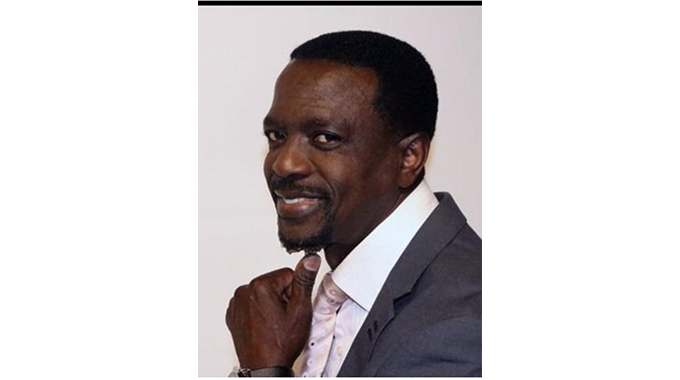
Getmore Sithole
Like sports persons who are literally in every suburb in Bulawayo, Tshabalala is also home to renowned media personalities from print, radio and television.
Sports journalists Fortune Mbele and Fungai Muderere hail from Tshabalala as well as veteran radio queen Nonceba Mnkandla. While ama2000 might not know the soulful television programme Esandleni Somusa, older folks remember it well. The soft-spoken but viewer catching presenter Sibusisiwe Sibanda is a Tshabalala daughter so is former brand Lux ambassador Sitshengisiwe Moyo.
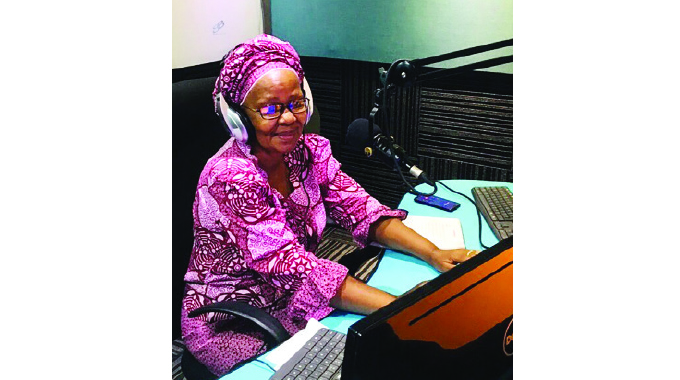
Nonceba Mnkandla
Radio personality, events promoter and Kasi eatery owner, Marshall Mpofu popularly known as Magesh calls Tshabalala his home.
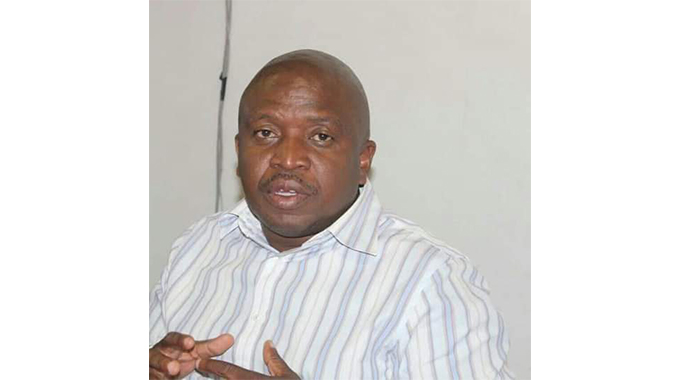
Fortune Mbele
Tshabalala was also home to one of the most feared gangsters in the city, the late Bhatshatsha.
There had been claims that legendary coach Sunday Chidzambwa also lived in Tshabalala.

Fungai Muderere with former Bosso goalkeeper and his father Marko Ncube
“No, it’s not true, I stayed first at Ross Camp where I did my Sub A and B as well as Standard One, came to Harare and returned to Bulawayo in 1966 and stayed at Luveve police houses because my father was a policeman. I went to Mafakela Primary School,” Chidzambwa told Saturday Chronicle.
Next week, we focus on Luveve. -@skhumoyo2000.
Let’s engage: Email: [email protected]

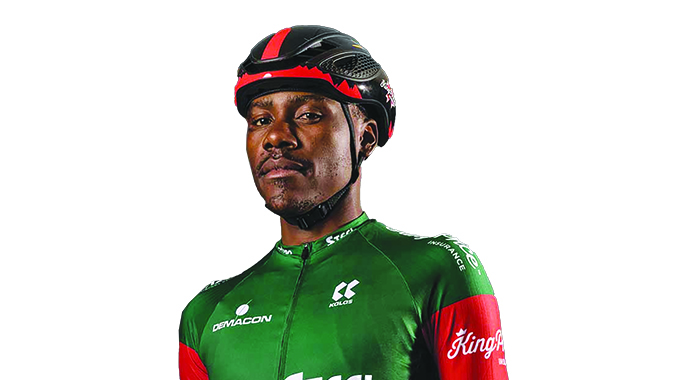

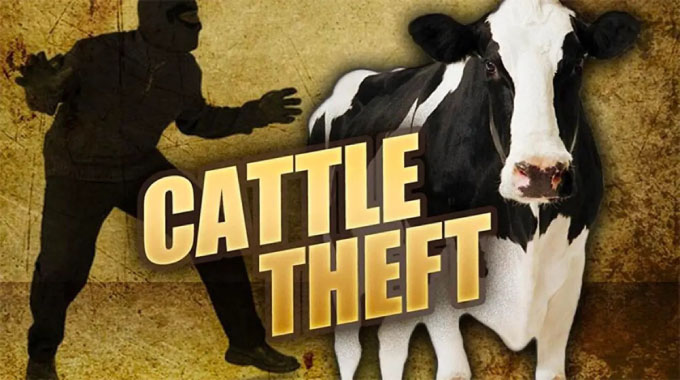
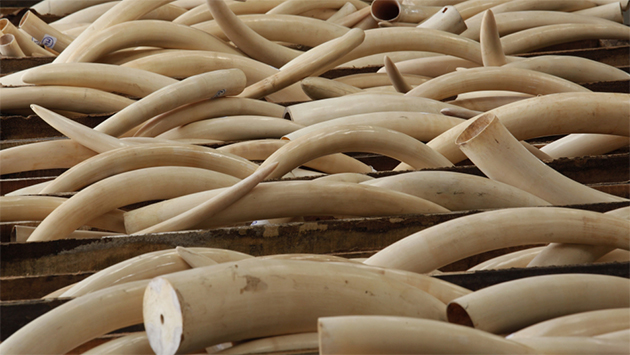







Comments